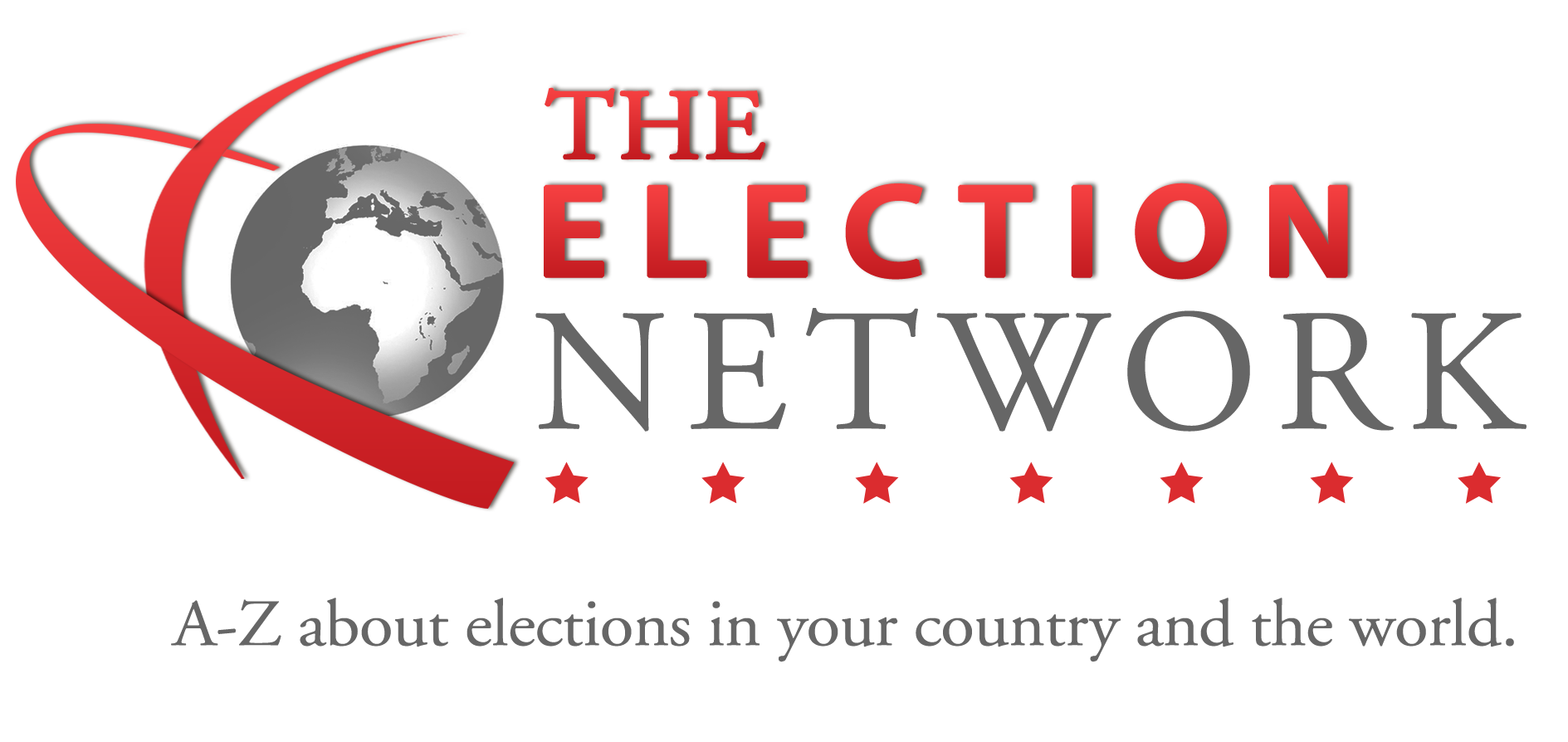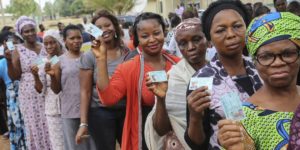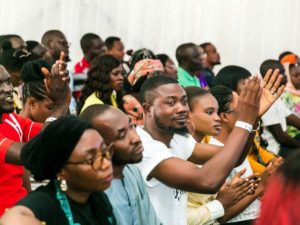The 2019 general elections are a mere 56 days away, and Nigeria’s incumbent president, Muhammadu Buhari, is seeking re-election under the flagship of the All Progressive Congress, APC.
The APC, and indeed, Muhammadu Buhari, have made claims that Nigeria has fared better under his leadership compared to the previous administration. This thinking is best reflected in the “Next Level” slogan for Buhari’s campaign.
While the current administration might have recorded some successes in its three years in power, the claim that Nigeria is better off now than it was three years would have to face a test.
After delaying for about four quarters, the Nigerian Bureau of Statistics (NBS) finally revealed the country’s unemployment rate, and it is not cheering news. The NBS revealed that Nigeria’s unemployment rate increased from 18.8 percent in the third quarter of 2017 to 23.1 percent in the third quarter of 2018. In simple terms, the number of unemployed people went up from 17.6 million in the last quarter of 2017 to 20.9 million in the quarter of 2018.
The NBS report gave life to the allegations that the Buhari administration had made efforts to hide the unemployment figures out of fear that the unflattering figures would be weaponised by the opposition, Peoples Democratic Party (PDP) ahead of the 2019 election. But the President, against popular opinion, insists that the report indicates that his administration was making progress.
Since the Buhari-led administration took over, unemployment has been on the rise with millions of Nigerians sliding into poverty with the country becoming the poverty capital of the world, producing six new extremely poor people every minute.
Buhari rode into office on a campaign to secure the country but the jury is out on that. Under his command, Nigeria has reclaimed swathes of territories previously held by Boko Haram but a number of people allege there has been a media blackhole. A report by the Institute of Economics and Peace which recently released the Global Terrorism Index (GTI), listed as the third most terrorized nation in the world. To put this in perspective, on the GTI, Nigeria is ranked after Iraq and Afghanistan, two war-torn countries, and ahead of Syria, another country which has been engulfed in a civil war for the past seven years.
Nigeria has maintained this ranking for four consecutive years, mainly due to the insurgency crisis in the Northeast, and an ongoing, albeit intermittent, crises between farmers and pastoralist across much of the middle-belt and some Southern states. These conflicts have left thousands dead and more internally displaced, and in the Northeast, it has created one of the most severe humanitarian crisis in the world.
While Buhari continues to try to persuade Nigerians of his administration’s performance, he is finding it difficult to find convincing data to justify his case. If the recent reports are to go by, his chances of re-election have taken a great hit from all fronts. However, Nigerians can be unpredictable, and nothing will be known for certain until they head to the polls in about 50 days.




